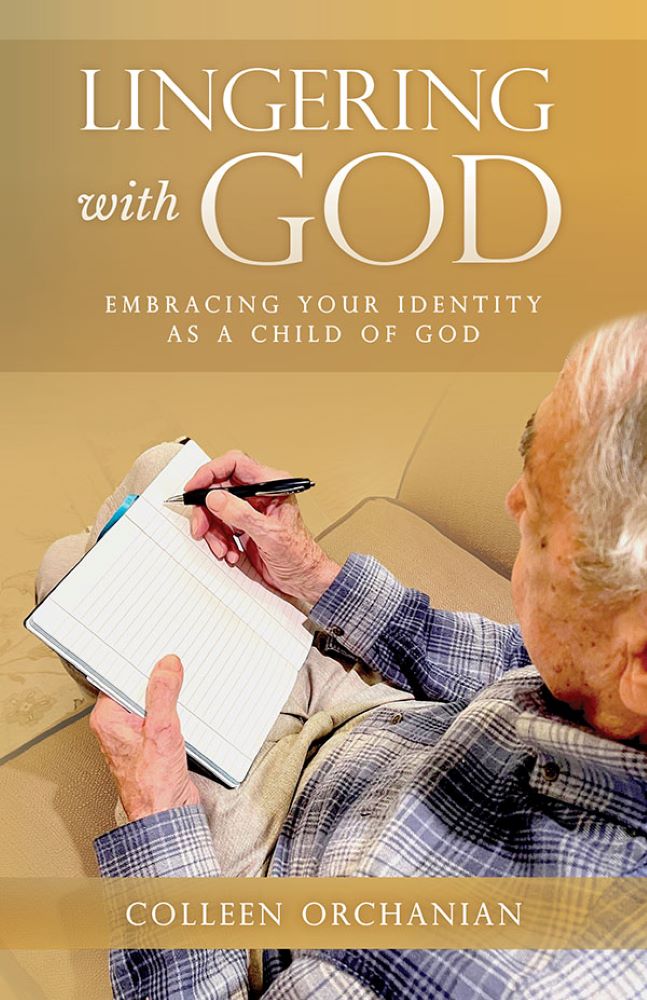Iconic Rules
![]() My mother has begun to paint icons and they are beautiful. An icon is a sacred image usually of Jesus, the Virgin Mary, the angels or one of the saints. There are many steps in the process, and the teacher provides very detailed instructions that allow anyone to succeed, even someone without an artistic gift. One of the most interesting things about the process is the Rules for the Icon Painter. It is interesting how applicable they are to all who want to serve God. Here are some of the rules:
My mother has begun to paint icons and they are beautiful. An icon is a sacred image usually of Jesus, the Virgin Mary, the angels or one of the saints. There are many steps in the process, and the teacher provides very detailed instructions that allow anyone to succeed, even someone without an artistic gift. One of the most interesting things about the process is the Rules for the Icon Painter. It is interesting how applicable they are to all who want to serve God. Here are some of the rules:
-
Before beginning, dedicate the icon to a particular intention and paint that intention on the blank board. Mom is painting St. Cecilia and has dedicated it to one of my nieces. Her name is under St. Cecilia's halo. It's like the dedication of a book, except nobody sees it. My first book was dedicated to my father, my second one to my mother. Of course, we don't have to be painting something or writing a book to dedicate our work. We can dedicate any task for a particular intention – studying, washing the dishes, even going to church. We can dedicate an entire day or week to one intention. For instance, finals are approaching for my son in college. I can dedicate all of my work during finals week for his success in exams.
-
Before starting work, make the sign of the cross, pray in silence, and pardon your enemies. We know we should pray before beginning our work, but how often do we consciously pardon our enemies. Maybe we don't have any enemies, but we may have people who have hurt us or those we love. We may have people who irritate us. If there is any bitterness or resentment in our hearts, we want to get rid of it before we begin a work dedicated to God. We want our hearts to be pure. That makes our offering even more precious. In Matthew 5:23-24 Jesus said, Before you present a sacrifice at the altar, if you remember someone has something against you, go first and reconcile with them. If I am offering a work to God, that's a sacrifice, and I want it to be from a pure heart.
-
Work with care on every detail of your icon as if you were working in front of Christ himself. I can see how my mother lives this rule. There have been many times where one part of the icon is not right. She will do it over and over again until it's perfect. What would it mean if we had that mindset with the work we do? I am writing now and Christ is here beside me. I want to do this well. This blog started off completely different from where it is now. It just wasn't right. So I deleted a lot of stuff. I didn't want to simply finish it; I wanted it to be as good as it could. Similarly, if I'm cleaning the kitchen and imagine Christ there with me, I might do a more thorough job. I would take care with the details.
-
During work, pray in order to strengthen yourself physically and spiritually; avoid above all useless words, and keep silence. There is a lot of silence in the icon class. The artists are not chit chatting while they paint. It is more like a prayer retreat than a painting class. The book of Proverbs has many verses advising us to avoid useless words and keep silence. We want to become comfortable with silence and not feel the need to fill silence with words. The other part of this rule is to pray for strength. We need physical strength to get through our days. The icon class is usually 6-hour days. That's hard on the body and prayers for physical strength are important. I often pray for the energy I need to meet the demands on my time. We also pray for spiritual strength because we are in a battle. The enemy is constantly trying to steal our peace and we need to have the strength to resist.
-
When you have to choose a color, stretch out your hands interiorly to the Lord and ask for counsel. This rule for me is about choosing the words I will write, clarifying the overall message to convey. I want to write what God wills, and I need to ask for His help. Sometimes that means waiting for an answer. Some of my podcasts are finished just before midnight on Saturday night because I'm struggling with the work. When I back off and let God speak to me, the words come.
-
Rejoice in your neighbor's work; give thanks that together you are giving glory to God. We should celebrate each person's success, even if it outshines our own. Sometimes I wish I had the gift someone else has, and then I am reminded of the Romans 12 passage about differing gifts. God has given me the gifts I need to do His will. I am blessed to work with someone who has a gift I lack, and together we are able to do great things. When we rejoice with others, that gives glory to God.
-
When your icon is finished thank God that the Divine Mercy granted you the ability to paint the holy images. We thank God when we finish any work. I thank God when I am done writing something. When I finish a retreat, I say a prayer of thanksgiving in front of the Blessed Sacrament. When I go to bed at night, I thank God that I had the energy to accomplish whatever it was I did that day. Gratitude is so pleasing to God. Remember his disappointment when ten lepers were healed and only one returned to give thanks. Everything good that we do is by God's grace. And so we thank him for that.
Those are some of the rules for icon writers, people who create beautiful art for the glory of God. Many of us are not writing icons, but we are striving to create something beautiful for God, as Mother Teresa would say. We can approach our work as if it is holy, because it is. We can approach our work as if it gives glory to God, because that is what it should do. We can approach our work as a gift from God Himself, which allows us to participate in the salvation of souls. By following the rules for icon painters, we sanctify our work, and that work becomes a blessing to us and to the world.
Questions for Prayer:
-
What does work mean to you? Is there a way you can re-think your idea of work so that it becomes a pleasing sacrifice to God?
-
Which of the Rules for Icon Painters has the most potential for transforming the work of your life?

